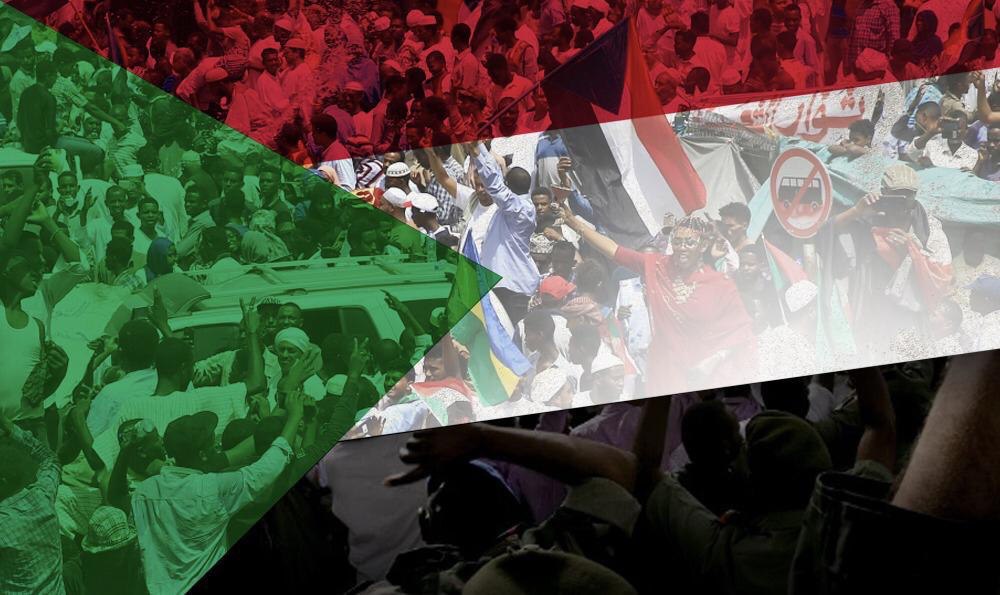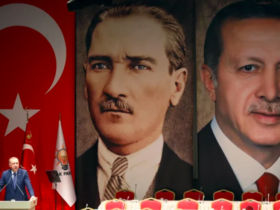Out of all the former colonial African states that formed after the Second World War, Sudan has seen some of the most explosive social and political turmoil. Coup after coup, insurgency after insurgency – the country has been engulfed in almost never-ending struggle since the British Empire and Egypt granted its independence in 1956.
African Union lauds #Sudan on transitional roadmap
The African Union Commission commended Sudan on Wednesday for agreeing on a transitional roadmap with reasonable timing.https://t.co/620ERXVZ4O pic.twitter.com/61kR9EJ9RQ
— Anadolu English (@anadoluagency) May 15, 2019
And now is no exception.
Protests are raging in Sudan’s capital, Khartoum, only a month after former President Omar al-Bashir was overthrown in a military coup. The coup leaders promised they would negotiate with civilian officials to form a new government in due time. However, negotiations have all but flopped, with differences in opinion regarding the new government’s staffing turning into violence, chaos, and death.
Western Interests in an African Country
Where there is an African country in turmoil, there is an always opportunity for western governments to spread their influence. Officials from the United States and countries across the European Union have already thrown their support behind the protestors on social media, and many have even visited the demonstrations.
The British Ambassador to Sudan, Irfan Saddiq, posted a video of himself on twitter from the main opposition led sit-in around the Sudanese military headquarters. Saddiq described the demonstration’s purpose as «to impress upon them [the people] the need for everybody in Sudan to reach a consensus about the political transition that we all want to see.»
Then there’s Steven Koutsis, the U.S. Embassy’s Chargé d’Affairesin Khartoum. He’s already met with Omar el-Degair, the leader of the opposition Congress Party, to discuss negotiate «Sudan’s return to civilian rule» – and who knows what else.
Of course, Sudanese officials aren’t the biggest fans of Western diplomats paying visits to opposition gatherings, especially since they haven’t been informing the Sudanese Foreign Ministry. The ministry’s spokesman, Babikir al-Siddiq, stressed that «diplomatic representatives must comply with their obligations in compliance with international conventions, covenants and diplomatic practice» when it comes to attending opposition rallies.
Diplomacy is supposed to be based on mutual respect for each country’s sovereignty. Since when did brokering regime change become part of the job description when applying to become a Western diplomat?
Pro-American coup d`etat?
It’s hard to say – what we do know is that Washington has plenty of experience using diplomacy as a means for toppling governments. In fact, the situation in Sudan is quickly forming a stark resemblance to the Western backed color revolutions all over the world…
As for Sudan, the country already had two bloody civil wars throughout its 63 year existence – it’s unlikely the Sudanese people are looking for another.

















Leave a Reply